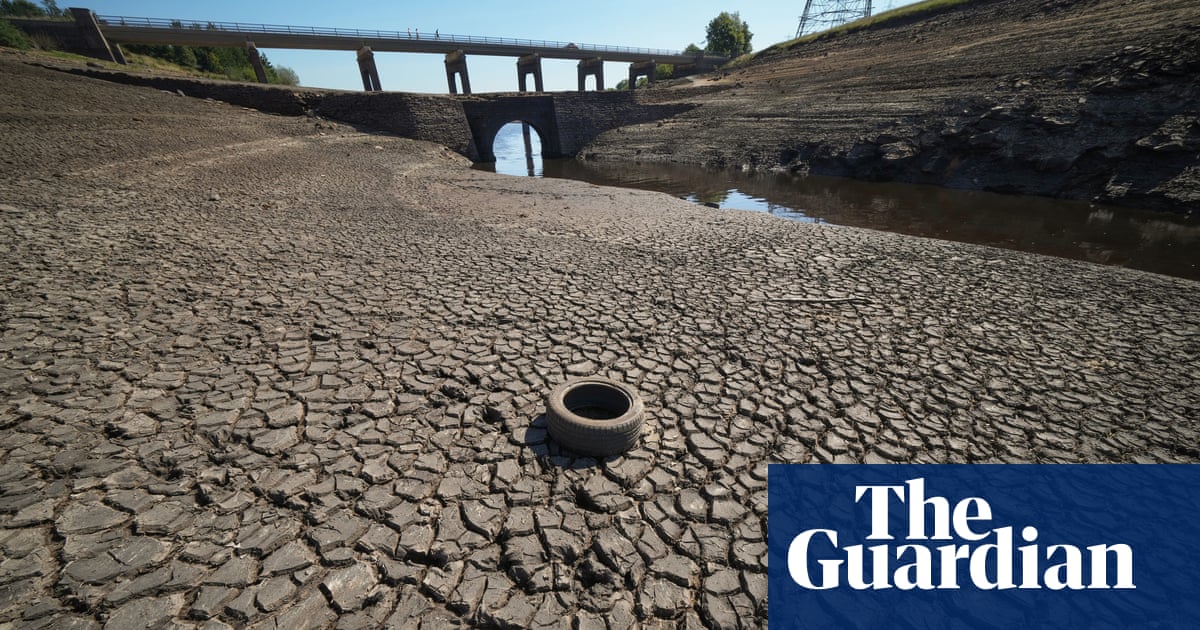
Senior scientists fear that deep cuts to government research spending will have “catastrophic” consequences for the UK, with projects cancelled midway through and some of the brightest minds moving to other countries.
Hundreds of research projects tackling issues from the Covid pandemic to antimicrobial resistance and the climate crisis are already being axed after the country’s main science funder, UK Research and Innovation, told universities its budget for official development assistance (ODA) grants had been cut from £245m to £125m.
But with the UK now out of Europe, the funder may also have to find up to £2bn per year from its existing £8.5bn budget for British scientists to join research under the EU’s international Horizon programme. The move, which could imperil 18,000 research jobs, would reverse the past two years of science budget rises.
“It is absolutely vital that the government continues to support science. Some of the cuts we’ve been hearing about would be catastrophic, even existential,” said Sir Paul Nurse, the Nobel laureate and director of the Francis Crick Institute in London.
“It will drive scientists elsewhere, it will destroy networks, it will damage the UK’s soft power to make connections throughout the world. None of this makes any sense.”
Boris Johnson has repeatedly stated his aim to make the UK a “global science superpower”, but as researchers have pointed out, those in the UK are now braced for cuts as other countries are investing more. The problem is exacerbated by a slump in medical charity funding prompted by the Covid crisis.
“It’s no good talking the talk if you don’t walk the walk as well, and we ask the government to walk that walk,” said Nurse. “I am sure the government will see sense over this. If they can’t see sense, they have no right to govern.”
Prof Julia Buckingham, the president of Universities UK and vice-chancellor of Brunel University London, said the prospect of UKRI paying up to £2bn per year for association to Horizon Europe was “really terrifying”, adding “this is not the impression we were under”.
She added that the loss of ODA grants, driven by deep cuts to foreign aid, threaten international collaborations that have built and deepened ties with countries around the world.
Existing projects have developed low-cost diagnostic tests for malaria, improved water pumps and electrical grids, brought evidence-based decisions to plastic waste management in Malaysia, and bolstered tsunami and earthquake defences in Indonesia.
The scrapping of ODA projects will lead to a “loss of trust” in the UK that “will take years to rebuild”, warned Prof Anne Johnson, the president of the Academy of Medical Sciences.
Asked when the UKRI would find out what bill, if any, it must foot for scientists to take part in Horizon Europe, a spokesperson for the Department for Business, Energy and Industrial Strategy said: “The UK remains a world-leading aid donor. This year alone, we will spend more than £10bn to address poverty, tackle climate change, fight Covid and improve global health.
“We are working with our delivery partners, including UK Research and Innovation, to implement a new research and development settlement for 2021-22 as part of our wider commitment to maintain the UK’s world class reputation for science, research and innovation.”












